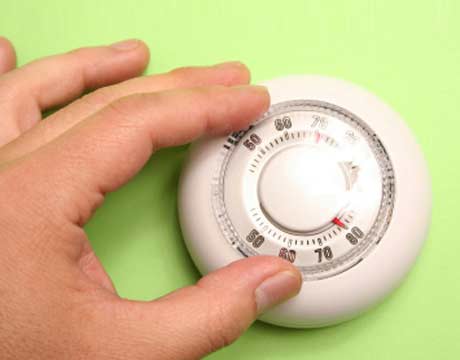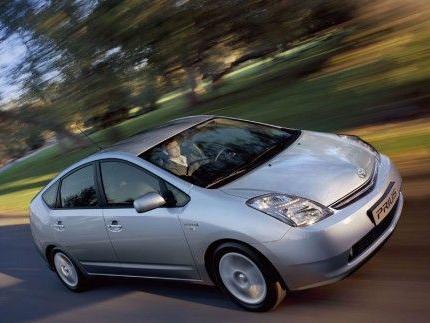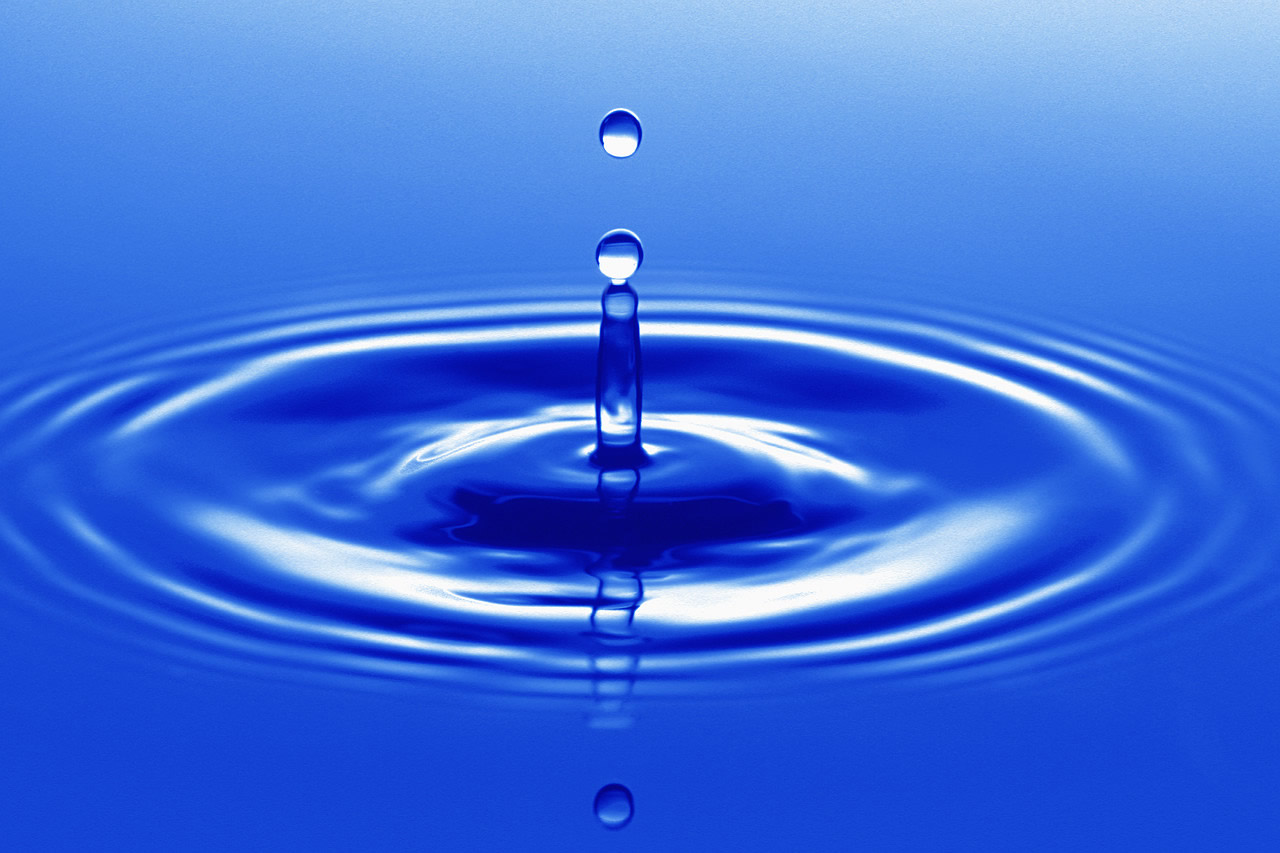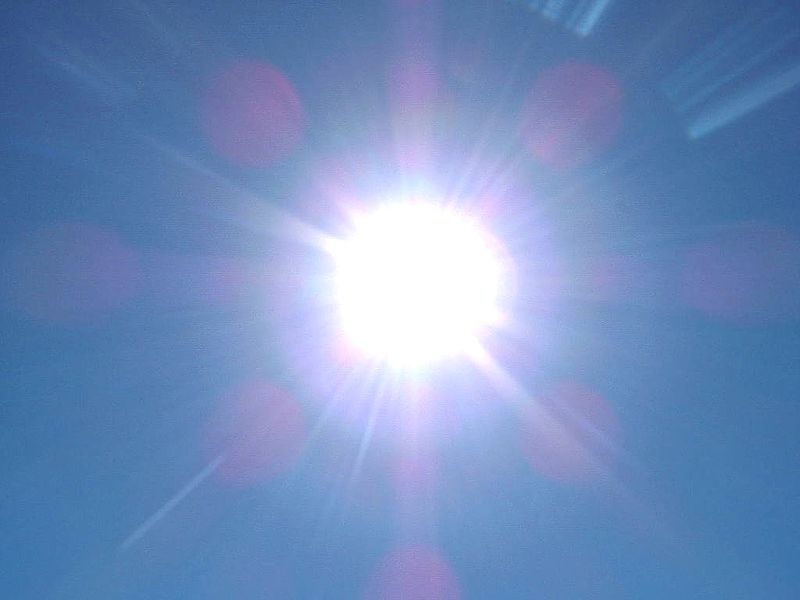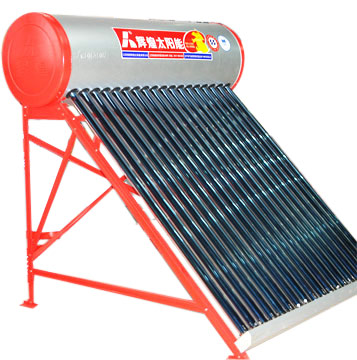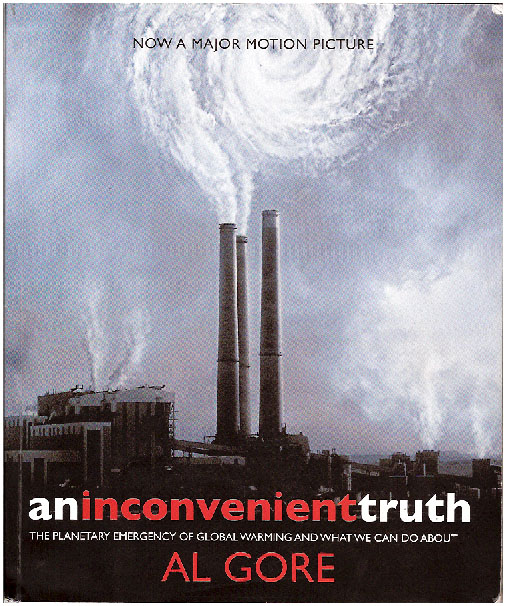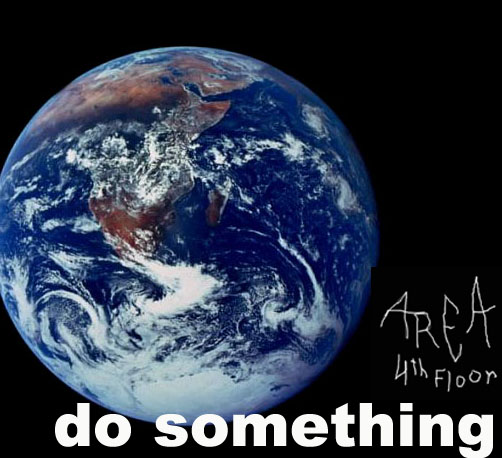
Do Something is a private fashion initiative by Geoffrey B. Small and Area Paris launched in January and February 2008 during the Autumn/Winter 2008-9 men's and women's collection presentations in Paris to encourage positive action today to improve life for all of us. Our first priority is to stop global warming now. Here are easy things you can do to make a big difference and save money too. More than 30% of the world’s carbon emissions come from our homes, so start with where and how you live.…
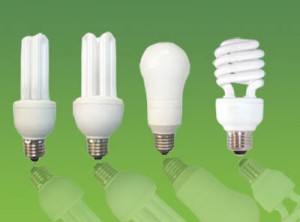

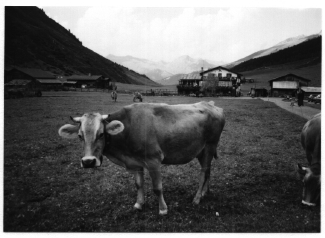

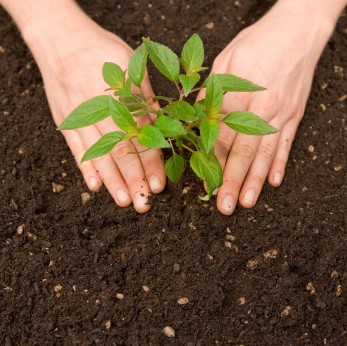
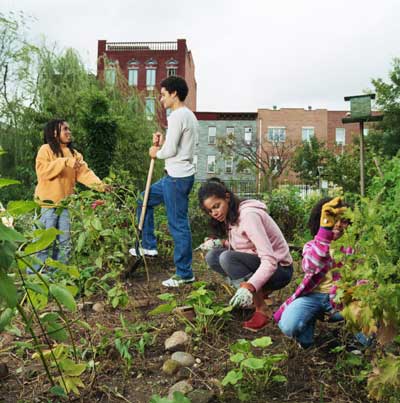
1. Change your lightbulbs.
The first thing we recommend to have an impact and benefit. It’s true. Compact fluorescent bulbs save so much money it’s incredible. They use 75% less energy and put out better light than regular bulbs, and last 10 times longer. By changing all the bulbs in your home, you will be doing a major thing to help fight global warming…and your electric and lightbulb expenses will go down right away. If you can afford them, LED's are even more efficient.
2. Recycle, reduce, and reuse everything you can.
Producing and transporting things creates a lot of carbon emissions. Reusing and recycling things you already have avoids and reduces these emissions. Save money and up to 2,400 pounds of C02 a year by recycling half of the waste your household generates. Turn over and use the back sides of paper. Use a reusable eco-bag when you go to the store. Separate your trash into paper, plastic, metal and glass groups. Buy recycled products including paper, furniture and fashion. It takes less 70 to 90% less energy to make recycled paper and it prevents the loss of forests worldwide, which consume CO2 and produce oxygen to save our lives. When you have to buy new things, buy things that last.
3. Thermostats, doors and habits.
Half of the energy we use in our homes goes to heating and cooling. Move thermostat down 2° in winter and up 2° in summer. Close windows and doors when necessary. Turn off lights when you leave a room. Use natural light instead of lamps. Close curtains in daytime in summer, and nights in winter. Use less hot water It takes a lot of energy to heat water. Install a low flow showerhead and save 350 lbs of CO2 /year. Wash clothes in cold or warm water--save 500 pounds/year. Use a clothesline instead of a dryer whenever possible. You can save 700 lbs of C02 when you air dry your clothes for 6 months out of the year. Turn off electronic devices. Just turning off your TV, DVD player, stereo, and computer when you’re not using them will save thousands of pounds of C02 a year. Unplug electronics when you’re not using them. Even when turned off, hairdryers, cell phone chargers and TV’s use energy. The energy used to keep display clocks lit and memory chips working accounts for 5% of total domestic energy consumption and emits 18 million tons of carbon into the atmosphere every year. Install a programmable thermostat that automatically lowers heat or air conditioning at night and raises them again in the morning. When making new purchases, look for energy labeling on new appliances to choose the most energy efficient models. If each household in the U.S. replaced its existing appliances with the most efficient models available, 175 million tons of C02 emissions every year would be eliminated. Only run your dishwasher when there’s a full load and use energy-saving settings. Insulate and weatherize your home.
4. Choose transportation carefully.
Ride a bike or walk when you can. Fly Less. Carshare. Carpool. Combine auto trips in one when you can. Use trains and mass transport instead of cars and airplanes. When you must drive, save money and CO2 emissions and avoid rapid acceleration, high speeds and hard stops—drive smoothly at lower RPM’s and turn off the motor when waiting. Keep your car well tuned-up and tire pressures checked. Buy well maintained used cars whenever possible. When you must buy a new car, buy a hybrid, or lowest consumption model possible.
5. Eat less meat, reduce new leather purchases.
Methane is 23 times worse than carbon for global warming. Cows are one of the greatest methane emitters. Their grassy diet and multiple stomachs produce methane, which they exhale with every breath. Most cows are grown by us to be slaughtered for meat and leather products. Reducing this growing global demand is the right thing to do in every way. Eat less beef, and buy recycled leather products instead of new ones. See: http://www.csmonitor.com/2007/0220/p03s01-ussc.html
6. Eat locally grown food.
Agriculture creates 1/5 of the world’s greenhouse gas emissions, Transporting food long distances wastes fuel and creates more CO2. The average meal in the U.S. travels 1,200 miles from the farm to the dinner table. Buying locally saves fuel and keeps money in your community. Don’t buy frozen foods. They use 10 times more energy to produce than fresh food. Avoid heavily packaged products. Buy organic foods--organic soils capture and store CO2 at much higher levels than soils from industrial farms. If all corn and soybeans were grown organically, 580 billion lbs of C02 could be removed from the atmosphere.
7. Start a garden, plant a tree.
Don’t laugh. Nothing could be better designed to fight global warming and make your life safer. The vegetables and fruits you grow will save money, taste better, help body and spirit, and the soil and plants that produce them will consume carbon dioxide and produce oxygen to save our lives. Trees are our most important weapon in the battle against global warming and environmental catastrophe. A single tree will absorb a ton of CO2 over its lifetime. They also can feed you with fruits and nuts that will help your body fight off cancer, heart disease, diabetes and strokes. Shade from trees can also reduce air conditioning bills by 15%. Wengari Maathai got starving women and families in Kenya to plant 30 million of them and saved millions of lives. You can too.
Watch her and try to not to get inspired...
”The humming bird” : http://video.google.com/videoplay?docid=8969839169623055787
“Plant a tree” : http://www.youtube.com/watch?v=RHn-hBajioU&feature=related
“Plant a tree” : http://www.youtube.com/watch?v=RHn-hBajioU&feature=related
8. Inform others, vote, write, speak, and make your purchases count. Tell others about these tips, and help them to make these changes. Vote in every political election you can to change bad systems and fight global warming. Your right to vote is a special gift created by generations before you who risked their lives and everything they had to fight oligarchy, tyranny and authoritarian rule. It was never guaranteed. It must be protected and maintained by each generation, including yours. Don’t waste it. Use it while you still have it, before it is too late. There are powerful people who are working very hard to take it away from you right now. Use your political vote for everything it counts for now, to protect your own interests. You can make a difference. Don’t let anyone tell you otherwise. The Australian government under John Howard was responsible for some of the worst carbon emissions in the world and with the U.S., refused to sign Kyoto Protocol Treaty. By taking grass roots action together, the Australian people voted him out and changed their government. You can too. But you must start now. Use your money to vote with as well. Look carefully at companies you buy from. Give your money to companies that fight global warming. Do not give your money to companies that contribute to global warming, and are making money through your destruction and harm.
9. Use Solar power. You can switch to green energy generated by clean, renewable sources such as wind and solar. Accept nothing less, it it’s not available at an affordable price, complain and organize to make it so. Technology is available now for solar power heating and water systems for less than 600 dollars. There is no excuse, or time for delay or unnecessary profit-mongering by those holding it back from you. Indeed as the planet is warming up, nothing makes more sense than to use this form of energy, more and more, to fight global warming.
10. Learn more:
Read the book and see the movie: “An Inconvenient Truth”
visit:
http://www.climatecrisis.net
http://www.climatecrisis.net/an_inconvenient_truth/photos_and_videos.php
watch the movie “the Corporation”
Google video version
official site http://www.thecorporation.com
